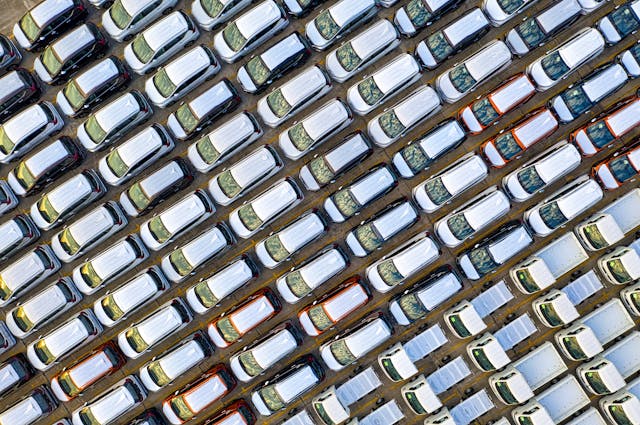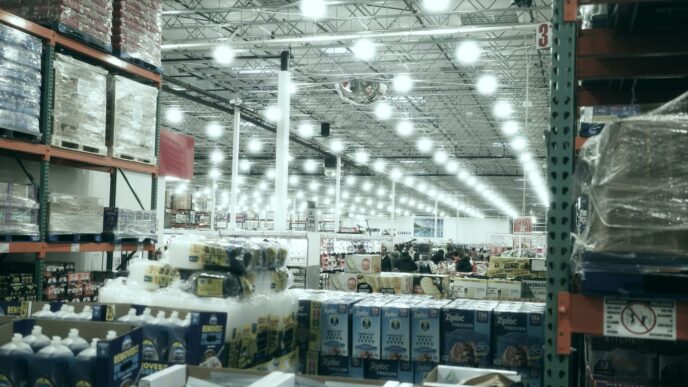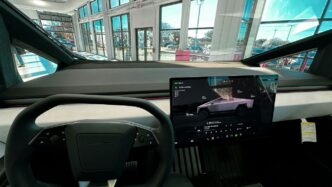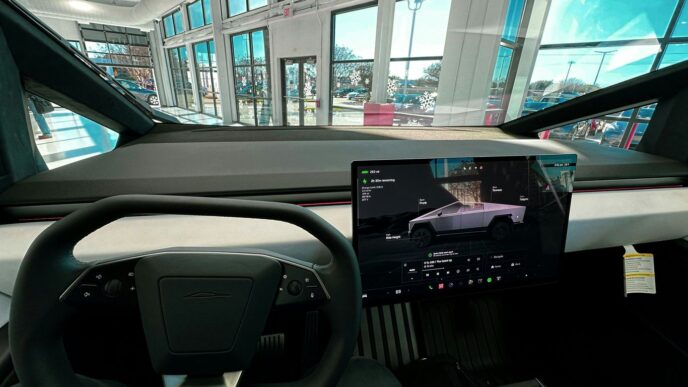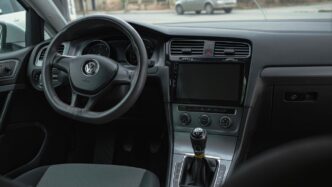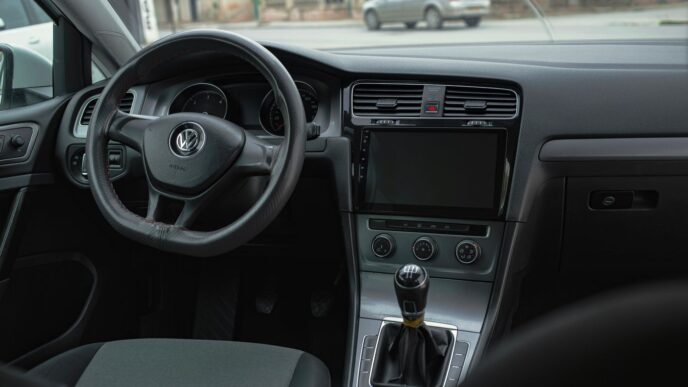In today’s fast-paced business environment, fleet connectivity is no longer a luxury—it’s a necessity. As companies across Ireland look to gain a competitive edge, managing vehicle fleets through connected technologies is emerging as one of the most effective ways to enhance efficiency, reduce costs, and increase overall operational control. From small local businesses to nationwide service providers, fleet connectivity is transforming how vehicles are monitored, maintained, and optimized.
Fleet Efficiency in Ireland
Radius, a leading provider of connected fleet solutions in Ireland, has been instrumental in helping businesses harness the power of telematics and vehicle data. By equipping fleets with GPS tracking, real-time diagnostics, and smart route planning tools, Radius enables businesses to monitor vehicle performance, fuel usage, and driver behavior with pinpoint accuracy. This level of visibility empowers fleet managers to make informed decisions, helping to reduce unnecessary mileage, eliminate fuel waste, and ensure compliance with local regulations. In a country with a growing focus on sustainability and cost control, these benefits cannot be overstated.
Ireland’s unique road network and regional distribution hubs make connectivity especially valuable. Businesses operating across counties—from Dublin to Galway and Cork to Limerick—can encounter varied traffic conditions and logistical challenges. Without proper fleet connectivity, delays and inefficiencies can multiply, affecting customer satisfaction and bottom-line results. Connected technologies allow companies to respond dynamically to these variables by providing real-time route updates, weather alerts, and maintenance notifications, ensuring that fleets stay on the road and on time.
Safety, Savings, Sustainability
Another critical aspect of fleet connectivity is driver safety and accountability. Telematics tools can identify risky driving behaviors such as harsh braking, speeding, and prolonged idling. By offering data-driven feedback and coaching to drivers, companies can foster a culture of safety while reducing accident risk and insurance premiums. For industries like construction, logistics, and field service—where vehicles are often essential work tools—driver well-being is directly tied to business continuity.
Cost savings also play a major role in why more Irish businesses are turning to fleet connectivity. Traditional fleet operations often suffer from inefficiencies caused by manual scheduling, lack of real-time oversight, and delayed maintenance reporting. With connected systems, businesses can automate these processes, track vehicles 24/7, and plan maintenance based on usage patterns rather than fixed timelines. This proactive approach extends the lifespan of vehicles and minimizes downtime, which is especially valuable for businesses with lean operating margins.
Furthermore, sustainability is an increasingly important factor for Irish enterprises seeking to align with EU emissions targets and local environmental standards. Connected fleets can support this effort by measuring fuel consumption and carbon output across each trip and suggesting optimizations that lower emissions. Companies can then report on their carbon reduction efforts with hard data, enhancing their ESG (Environmental, Social, and Governance) profiles for stakeholders and government partners.
The Future of Connected Fleets
The importance of fleet connectivity will only grow as Ireland continues to invest in smart transport infrastructure and adopts stricter environmental regulations. Whether you’re managing a handful of delivery vans or a nationwide fleet of service vehicles, integrating connected technology ensures your operations remain agile, safe, and future-ready.
In conclusion, business fleet connectivity in Ireland isn’t just about tracking vehicles—it’s about unlocking a smarter, more responsive way of doing business, such as utilizing the services from Radius. From reducing costs and emissions to improving driver performance and customer service, connected fleets are the foundation for scalable and sustainable growth. Companies that embrace this shift today will be the ones leading Ireland’s mobile economy tomorrow.


